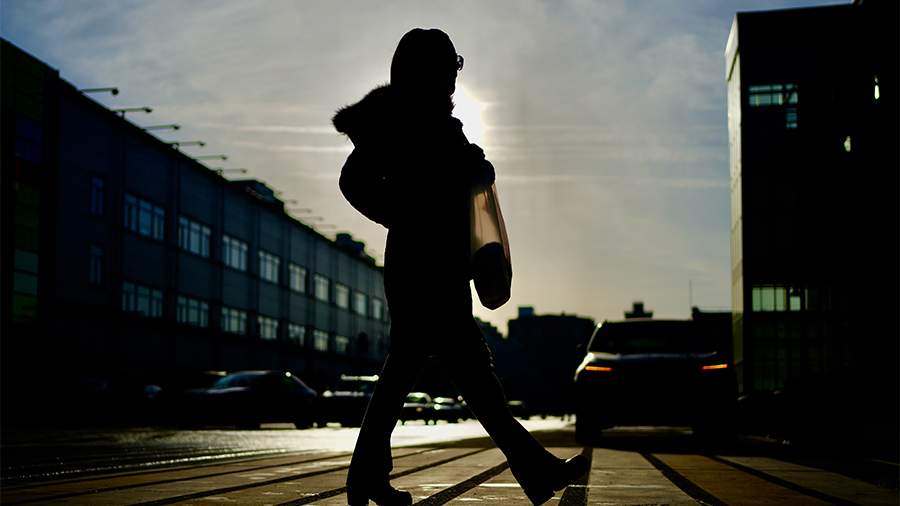December 22 - Anna the Dark: history, traditions, omens

Every year on December 22, the Orthodox Church remembers the miraculous conception of the Virgin Mary. On this day the faithful honor St. Anna, the mother of the Virgin Mary. In 2024 the celebration falls on Sunday. In Russia, this holiday was called Anna the Dark. About his history, traditions and omens read in the material "Izvestia".
Anna Dark - 2024: the history of the holiday
The Church on December 22 recalls the event associated with the righteous Anna and her husband Joachim - the day of the conception of the Blessed Virgin Mary, revered on a par with her birth.
According to tradition, St. Anna was born in the first century B.C. into the family of the clergyman Matthan. The father managed to bring up in his daughter a sincere love and reverence for religion. Having grown up, the girl married Joachim.
The couple lived in Nazareth of Galilee, but for 50 years of marriage they did not become parents, which in those days was considered a great sin. Therefore, in spite of their advanced age, they continued to pray to God for a firstborn son.
Desperate Joachim withdrew to the desert for 40 days, where an angel appeared to him and announced that his wife would give birth to a daughter. At the same time another heavenly messenger appeared to the pious Anna and informed her that she would conceive and give birth to a "blessed daughter", who would be named Mary.
Traditions and customs, what should not be done on Anna Dark December 22
In folk tradition, the feast of the Conception of the Virgin Mary was called Anna Dark, as it fell on the winter solstice - the shortest day of the year. People believed that at this time the dark forces are at the peak of their activity, and it is important to observe certain customs to protect themselves and the house from them.
It was believed that it was from this day that the real winter began. There was even a saying: "On the conception of St. Anna, autumn ends, winter begins."
Orthodox believers went to the temples early in the morning to pray to St. Anna for the well-being of the family, motherhood and the health of children. In the evening, families gathered at home, but noisy feasts and fun should have been avoided, so as not to attract the attention of evil.
On Anna Dark, pregnant women should have fasted and treated themselves as carefully as possible. They were forbidden to do handicrafts and fire making, to step over sharp objects, to face the sick and maimed. People believed that these actions could harm the health of the future child or lead to a difficult labor.
Thus, fire could leave a birthmark on the baby's body, tangled threads could tangle the umbilical cord, and an unhealthy person encountered on the way could pass his illness or disfigurement to the baby.
Beekeepers also considered this day as their holiday. In the morning they examined the hives and read a special conspiracy for the health of bees and a good collection of honey next year.
Folk omens on Anna Dark December 22
In Russia on December 22 December observed nature, drawing conclusions about what kind of winter to expect. People used to say: "What Anna before noon, such and winter until January. What Anna before night, such a winter until spring". Thus, a cloudy, dark day promised a frosty winter, and the cold foreshadowed severe frosts on Christmas Eve.
It was believed that if large snowdrifts lay on Anna the Dark, and frost covered the trees, the year would be productive. A sunny day promised clear weather in the New Year, as well as a prosperous year for farmers.
Earlier "Izvestia" told about how Russia celebrates the Memorial Day of Nicholas the Wonderworker.
Переведено сервисом «Яндекс Переводчик»


